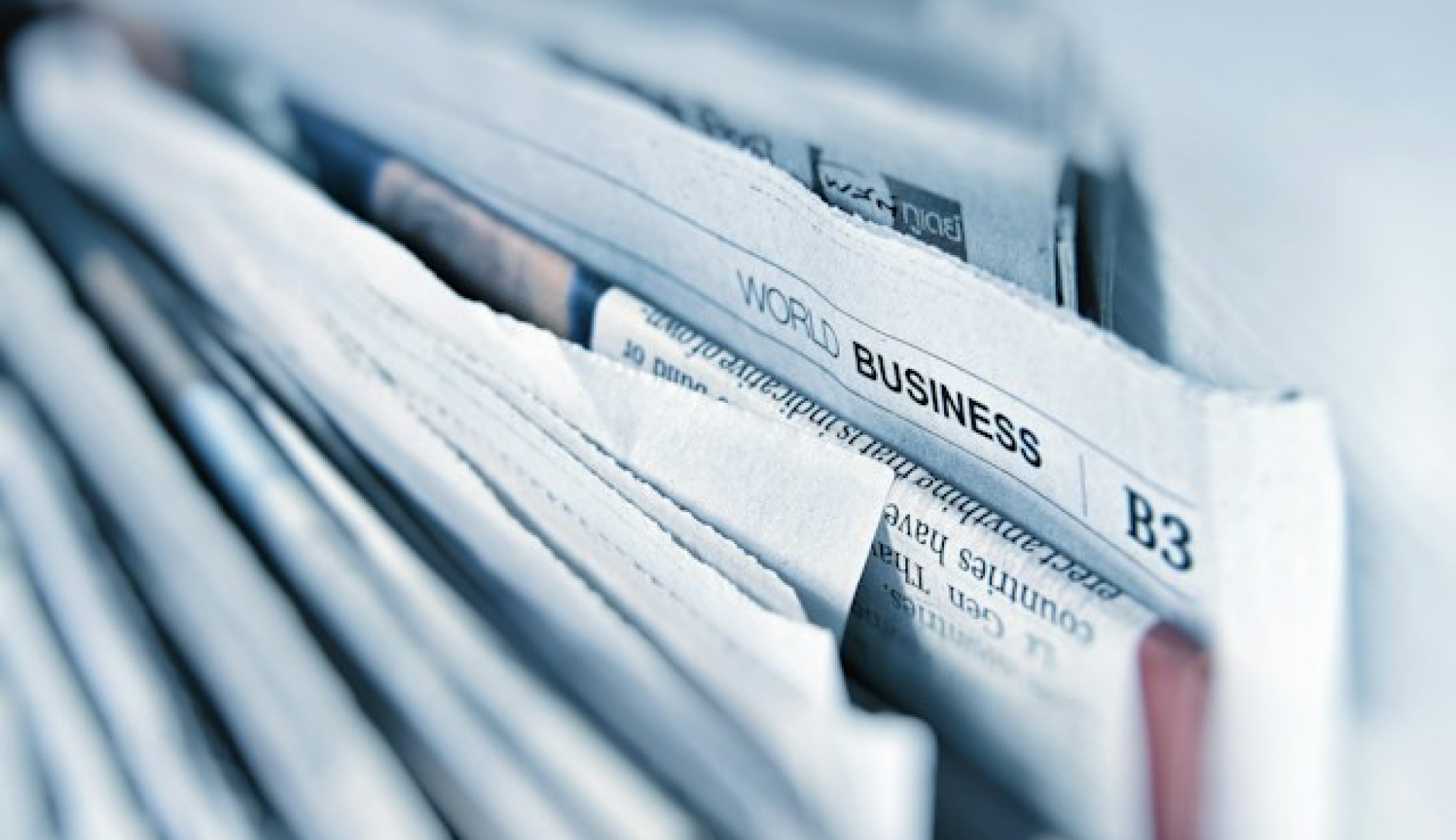ONE And NET Should Stop Being Regulated By Company Law
Political party stations should not be regulated by corporate law, but by political party financing laws to overcome loopholes

Freedom of the press is fundamental for any democracy, however, when media stations are owned by a political party, the risk of abuse in the media landscape increases substantially, and not just by being able to present their own party in the best light possible, their opponents in the worst, and call it news.
Finances of media stations, even those owned by a political party, are regulated by company law, not party financing law. This is a serious issue.
The manner in which political parties receive funding is regulated by the Political Party Financing Act, which requires increased due diligence the higher the donation, and requires the donation records, and financial accounts to be published yearly.
If a party media station receives money from a business, it does not count as a donation to the party by law but effectively is in practice. So we already are not seeing the full financial picture of parties that own media stations.
Furthermore, the political party can employ its own members through their political party media station, and pay them to work for the party’s interests, under company law. Worth also keeping in mind that both media-station owning parties have not published audited accounts in 10 (ONE) and 17 years respectively (NET).
Political party stations operate in two markets; the first is the conventional media market shared with every other media outlet with which they compete. The second is that of political influence.
Instead of making a direct donation to a political party, where any donation over €7,000 required a detailed report of the source by the party, someone may opt to give money to the media station for ‘advertising’. To see where the issues arise, imagine you were wealthy and wanted to influence national policy.
Would you be able to influence policy more if you spend money on the media station of the party in power or opposition? What if the party in opposition had a good chance of getting elected in the next election, what would you do then?
If both ONE and NET had an identical viewership, and as polls suggest the Labour Party will continue to stay in power after the next elections, which media station would you more likely spend money on advertising/donations with the hopes of influencing policy in the coming years?
There is also an incentive for party loyalists to say they follow their respective party’s media stations even when they don’t, especially in surveys such as those held by the Broadcasting Authority or other independent surveys.
If this takes place, then it inflates the viewership of party stations, and also potentially inflates the advertising price of those stations, at the expense of independent media stations whose following would be undercounted.
Furthermore, state funding of political parties is non-existent… unless the party owns a media station, then they are eligible for COVID-19 subsidies, effectively paying tax money to fund PN and PL’s media operations. This creates a significant unfair advantage over parties. (It is also worth looking into whether the parties’ other business ventures have led to party staff earning COVID-19 subsidies).
We need a pluralistic, transparent media landscape that strengthens democracy, not weakens it. Political parties must be held accountable, their expenses and incomes transparent and not funnelled through media stations.
There needs to be a decoupling of NET from PN and ONE from PL, and both need to be held accountable for failing to follow company law, but above all political parties need to be regulated by political party law in their entirety, not company law.